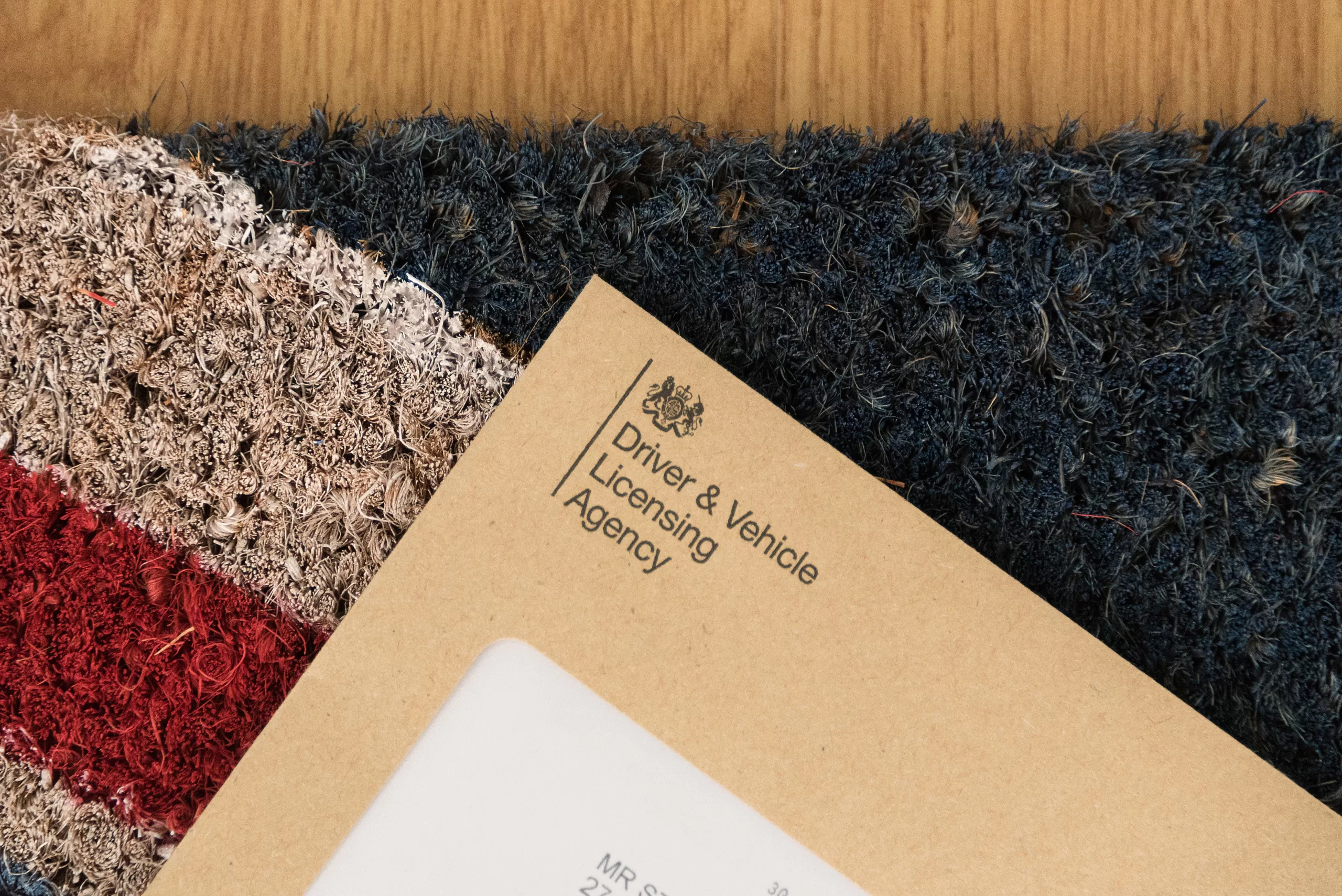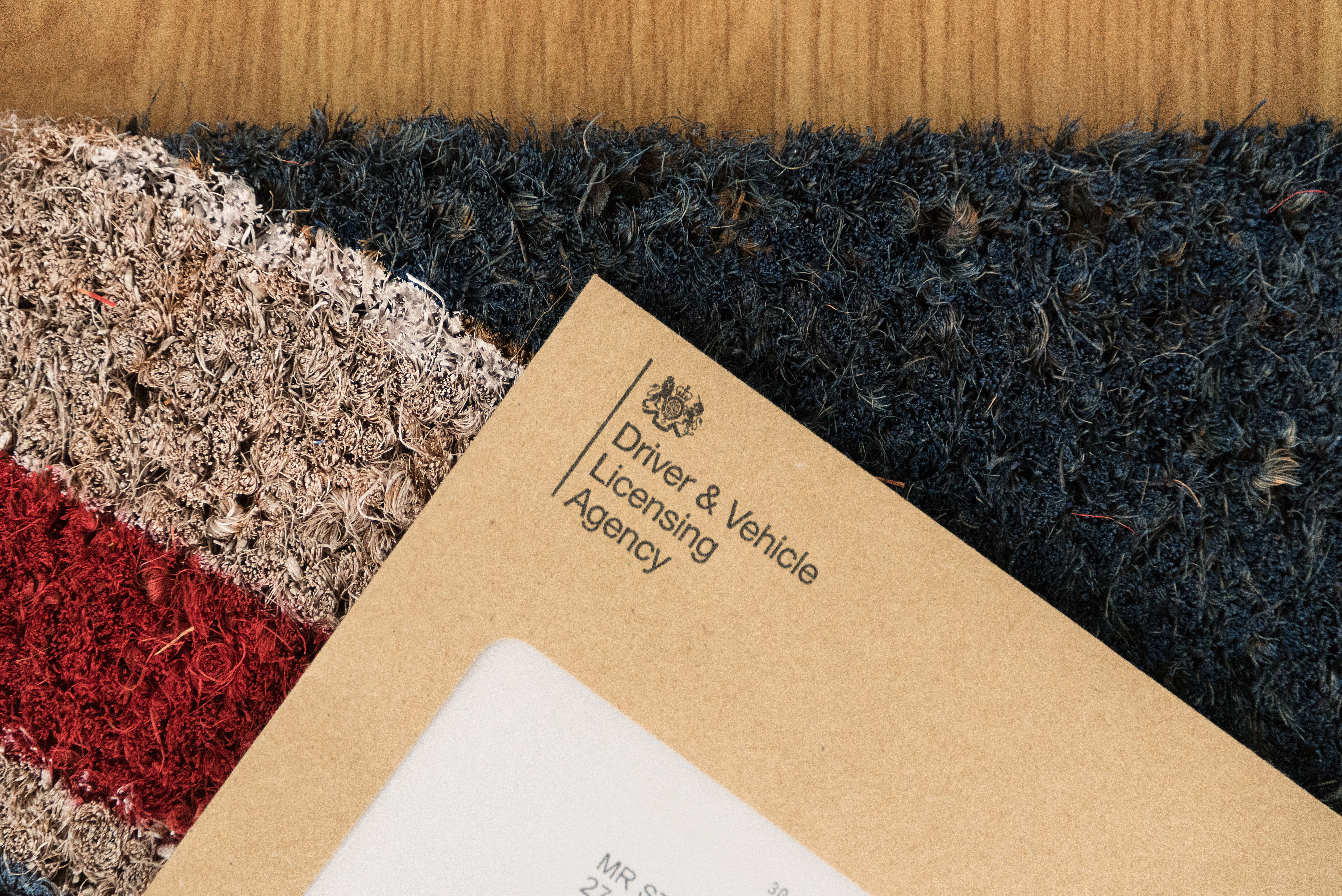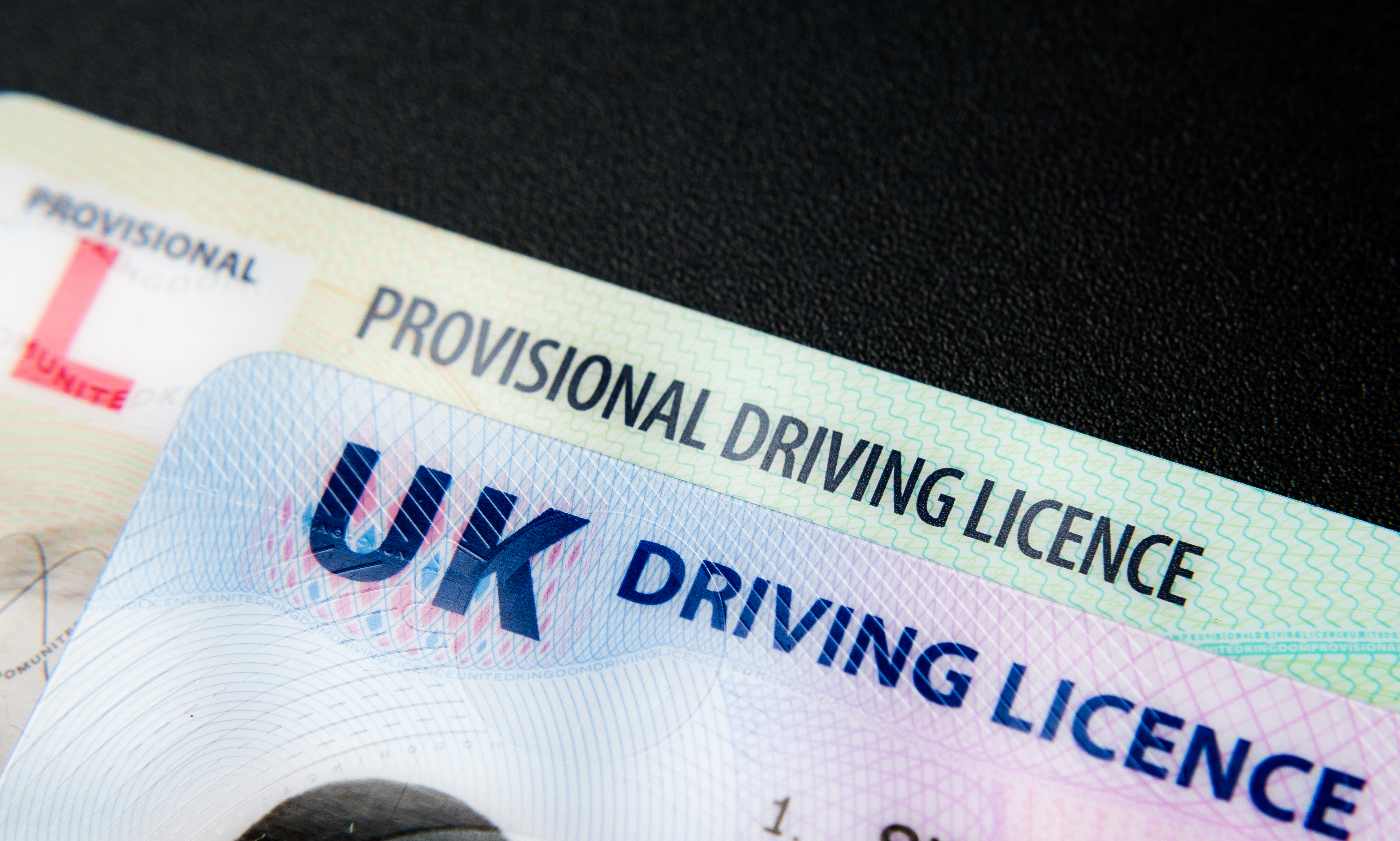Motorists could face prosecution if they fail to disclose to the DVLA relevant changes and are subsequently involved in an accident.
Motoring experts at EasyQuote have detailed the consequences drivers might encounter if they neglect to declare certain details as the registered vehicle keeper.
The DVLA in the UK requires notification of various important updates, such as common medical conditions and changes in address or name.
Anyone who is involved in an accident and hasn’t reported any necessary changes, could face prosecution in addition to a fine of up to £1,000 and six points.
Not updating your insurance provider with any important changes could also leave your policy invalid, leading to severe repercussions.
While it may seem trivial to overlook things like a change of address, it could lead to serious financial consequences.
The registered keeper of the vehicle bears the responsibility for any official communication with the police, DVLA or insurance provider.
Any individual registered by the DVLA as the owner of a vehicle implicated in an offence will be charged with failing to disclose driver details if they do not identify the driver at the time of the offence.
The consequence for this failure includes receiving six points on the licence and a potential fine of up to £1,000.
Drivers must inform the DVLA if their eyesight deteriorates or if they have visual impairments such as cataracts or glaucoma.
The rules state that drivers must be able to read a number plate at 20 metres, which can be with the help of contact lenses or glasses, and that if required, these must be always worn whilst driving.
Unfortunately, those whose eyesight does not meet the minimum requirements could risk a fine of up to £1,000 and three penalty points on their licence if caught driving.
Those with poor eyesight could also get their driving licence revoked from police with immediate effect, if they think they are a risk on the roads.
Those who don’t declare a medical condition could fall foul of a fine of up to £1,000 as well as prosecution.
The DVLA has an extensive list of over 110 conditions that can affect driving, so some motorists may be unaware of all these conditions or the extent to which they say can affect someone’s ability to drive.
Some of the most common conditions that may need to be disclosed include diabetes, vertigo and sleep apnoea, but there is a whole list on the website that can be checked.
In some cases though only certain types of the condition need to be declared.
As with diabetes, drivers only need to tell the DVLA if they are being treated with insulin and they are being treated for more than three months.
Gestational diabetes has to be declared as well as does disabling hypoglycaemia (low blood sugar).
In extreme medical cases, the DVLA says drivers must give up their licence if they don’t meet the correct standards of driving.
The seven key changes drivers must tell the DVLA
Disclose Driver Details or Face Penalties
Notification of Eyesight Changes Required
Disclosure of Medical Conditions
Reporting Name or Gender Changes
Declaring a Vehicle Off-Road with SORN
Vehicle Modifications
Updating Address Changes
Not informing the DVLA of a legal name or gender change could land drivers a £1,000 fine.
Newlyweds should watch out as failing to inform the DVLA is breaking the law, even when the process is free of charge.
Drivers should send off their old licence and any supporting documents so that the driving licence and vehicle log is updated accordingly.
All cars need to be insured and taxed, so anyone not currently using their car must apply for a Statutory Off-Road Notice (SORN).
Any keeper of a vehicle which is not going to be in use for a long period of time should declare it as SORN, so they don’t have to pay for it.
This vehicle then cannot be used and must be kept in a private driveway or garage because leaving it on a public road is breaking the law.
After being registered as SORN, if the car is used on the road for any other reason than for a booked MOT or testing appointment, the keeper could be prosecuted and fined £2,500.
Drivers need to update certain changes made to their vehicle on a V5C registration and send off evidence.
The DVLA must be told about most changes made to a vehicle, such as if the chassis or body shell is modified or adaptations to the exhaust or number plate, or if the car is wrapped in another colour.
The DVLA will be in touch if they need to inspect the change made to the vehicle to check it is roadworthy.
If they need to conduct tests and it fails, the car could be taken off the road until changes are made, or owners could be given a fine or court summons.
Even if it’s not permanent, the DVLA needs to be informed of any address changes so they can always reach the vehicle owner.
The vehicle logbook and driving license must always be up to date, whether permanent or temporary, and can be changed online.
Drivers can be fined up to £1,000 if they do not tell DVLA of an address change.


